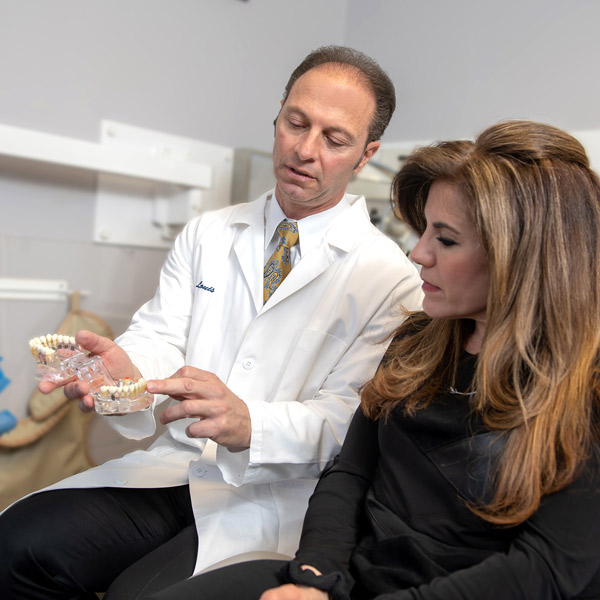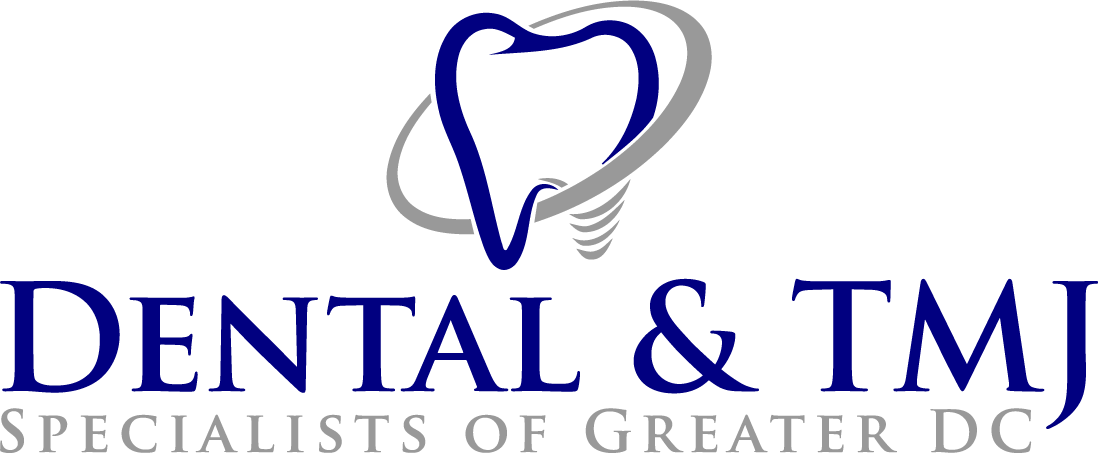Periodontics Oral Systemic Health
Periodontal Disease
The word periodontal means “around the tooth.” Periodontal disease affects the gums and the bone that support the teeth. Plaque is a sticky film of food debris, bacteria, and saliva. If plaque is not removed, it turns into calculus (tartar). When plaque and calculus are not removed, they begin to destroy the gums and bone. Periodontal disease is characterized by red, swollen, and bleeding gums, accompanied by bone loss that supports the teeth.
Not only is it the number one reason for tooth loss, research suggests that there is a link between periodontitis and other systemic diseases such as stroke, bacterial pneumonia, diabetes, cardiovascular disease, increased risk during pregnancy and even dementia.
Researchers are determining if inflammation and bacteria associated with periodontal disease affect these systemic diseases and conditions. Smoking also increases the risk of periodontal disease.
Periodontal disease is usually overlooked in its earliest stages; however, if left untreated it can be painful. Good oral hygiene, a balanced diet, and regular dental visits at Dental & TMJ Specialists of Greater DC can help reduce the risk of developing periodontal disease.

Signs and Symptoms of Periodontal Disease
Bleeding gums – Gums should not bleed, even when you brush vigorously or use dental floss
Loose teeth – Also caused by bone loss or weakened periodontal fibers (fibers that support the tooth to the bone)
New spacing between teeth – Caused by bone loss
Persistent bad breath – Caused by bacteria in the mouth
Pustule (discharge) around the teeth and gums – A sign that an infection is present
Receding gums – Loss of gum around a tooth
Red and puffy gums – Gums should never be red or swollen
Tenderness or Discomfort – Plaque, calculus, and bacteria irritate the gums and teeth
Treatment for Periodontal Disease
Periodontal treatment methods depend upon the type and severity of the disease. The doctors at Dental & TMJ Specialists of Greater DC, in addition to our registered dental hygienists, will evaluate patients for periodontal disease and recommend the appropriate treatment.
Periodontal disease progresses as the sulcus (pocket or space) between the tooth and gums gets filled with bacteria, plaque, and tartar, causing irritation to the surrounding tissues. When these irritants remain in the pocket space, they can cause damage to the gums and, eventually, the bone that supports the teeth!
If the disease is caught in the early stages of gingivitis, and no damage has been done, one to two regular cleanings will be recommended. In addition to regular dental cleanings by our highly skilled dental hygienists, you will also be given helpful instructional that will improve daily oral hygiene rituals.
Good oral hygiene practices and periodontal cleanings are essential in maintaining excellent oral health while keeping periodontal disease under control!
